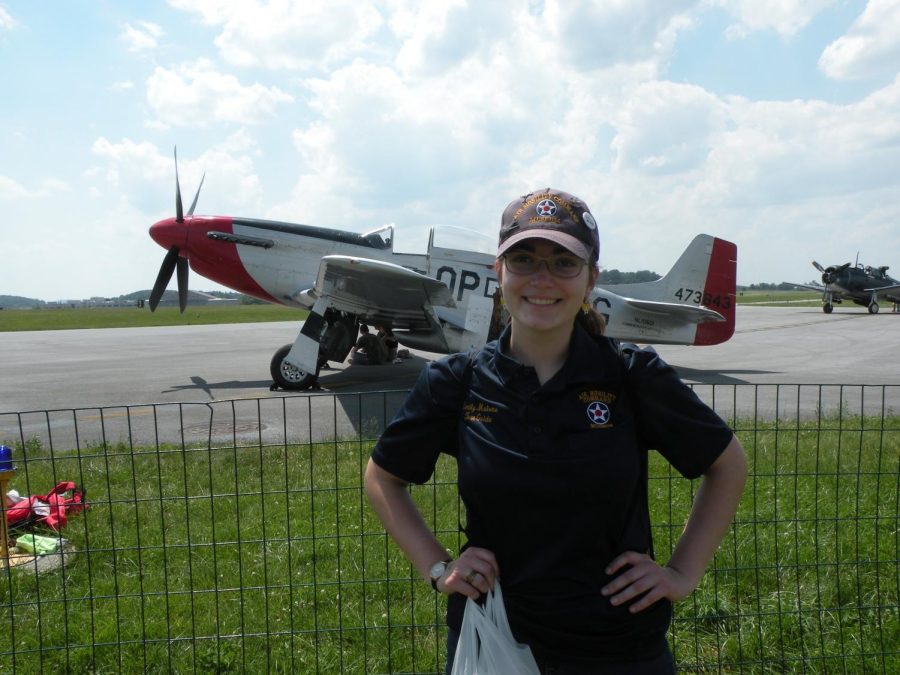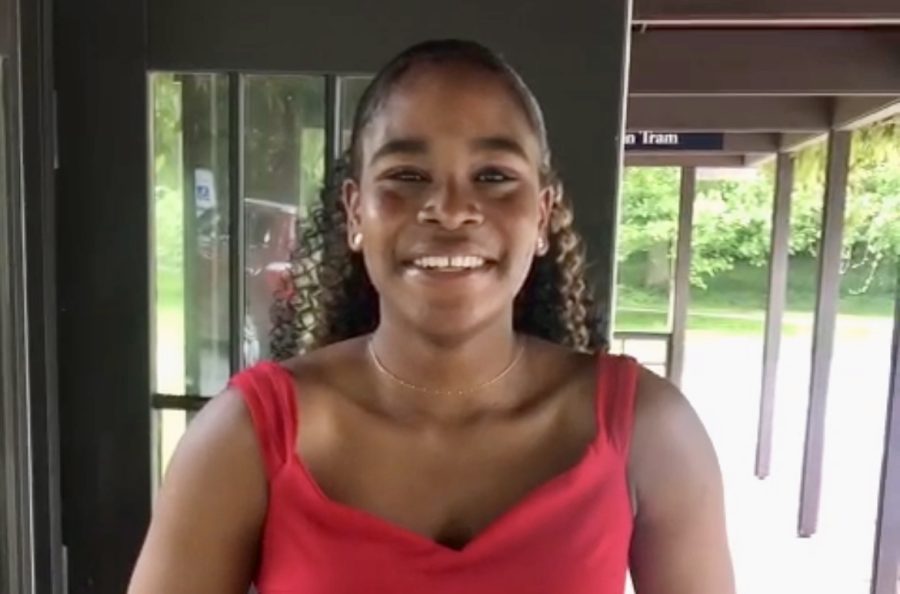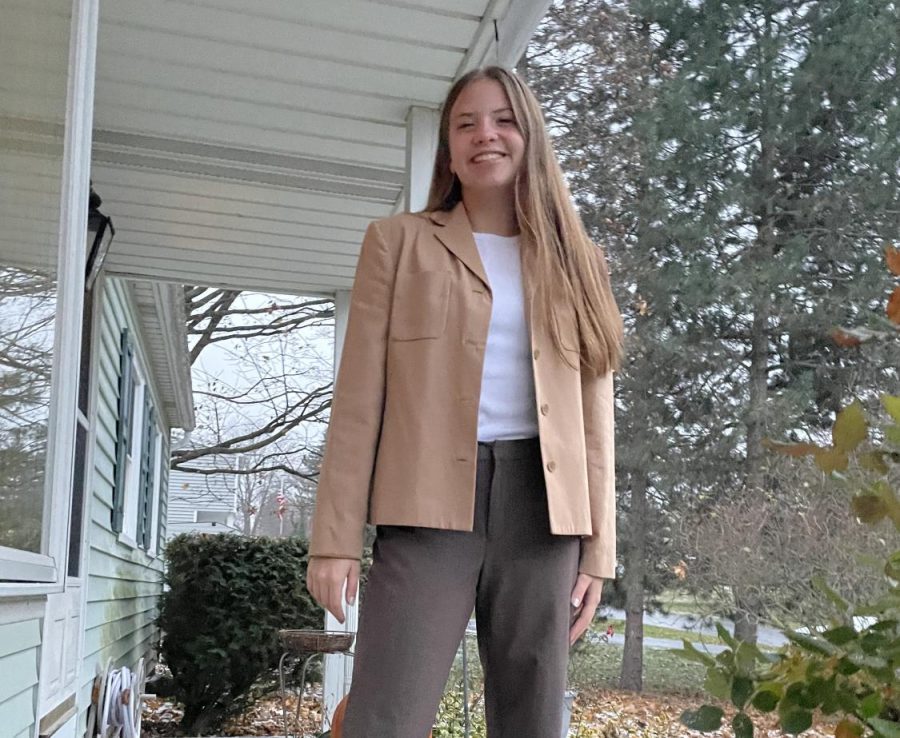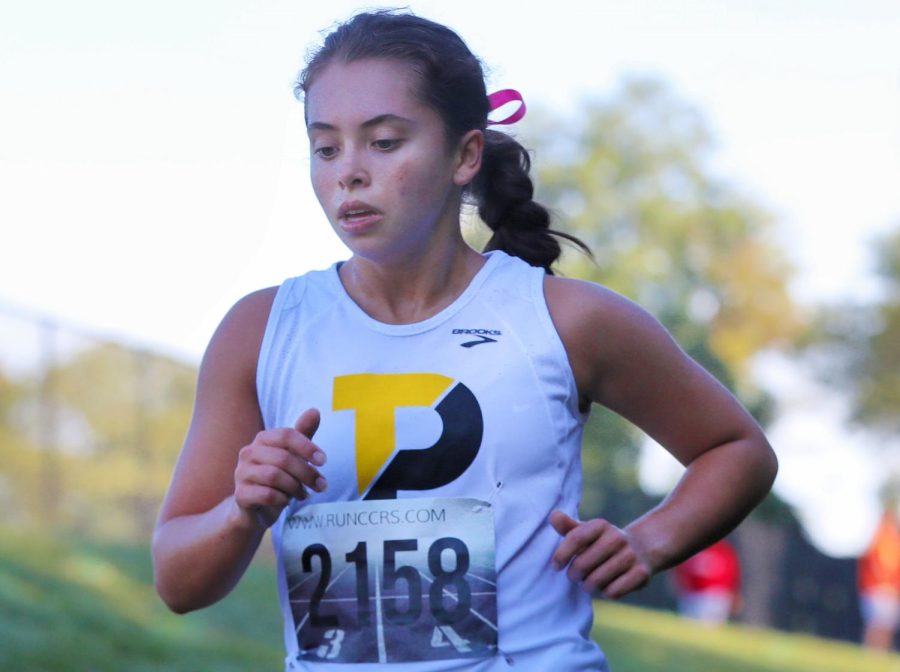It has been a couple of weeks since Padua’s foreign exchange program concluded, and we had to say goodbye to our new German and French friends. They may be hundreds of miles away, but the bonds made in the big box will last forever.
Our experience with the exchange students began just a few weeks ago, but the process for them started many months ago.
“Twenty-five girls wanted to go, but our teacher told us she could only take six girls. We all had to write this paper/essay about why we would want to participate. We also had to fill out this form with our preferences. Then, it was decided who was going. [Our teacher] tried to do it randomly, but it was important she’d take four seniors and two juniors,” said Mai-Ahn from Germany.
After a difficult travel process, with canceled/delayed flights, the exchange students finally made it to Broom Street. They were greeted by their host students and families, and the adventure began.
During the exchange program, 6 German students and 7 French students stayed with 13 Padua students for two weeks. During their two-week stay, the group had two planned trips to New York City and Washington D.C. It was the overall opinion of the group that the New York trip was much more interesting than our capital.
German and French exchange students with their hosts in New York City. 
German and French exchange students with their hosts in New York City.
“It’s great [staying with my host family]. Like in the first days, it’s still a little uncomfortable because you’re living with people you don’t know; you don’t want to do anything wrong. But I feel like after a week, the family starts to be your second family, and I really love that,” Mai-Ahn continued.
Many exchange students and their hosts also took trips outside of Wilmington and participated in our local activities. For example, The exchange students also got to go to the Salesianum Football games, and Ellen from Germany was able to attend a Penn State White Out!
The exchange students from Germany live in Jülich, in a village called Barmen. Barmen is in the North-West region of the country. Barmen is rich in history, but the exchange students are not excited by it after living there their whole lives.
“Super small, super boring, there’s nothing to do. There [are] so many cows. In Jülich, the village where our school is Barmen, there are more cows than people are,” said Mai-Anh.
This seemed to be the general consensus, as many others agreed with Mai-Ahn.
“We are at a school where there is a lot of nature. Which is good, but like sometimes we are bored because there [are] no cities around us,” said Miriam.
The exchange students from France live in Annecy. Annecy is a city at the base of the Swiss Alps in the southeast part of the country. Annecy is less than 40 miles from Mont Blanc and is surrounded by various lakes. Similarly to the German students, the French students have also become unimpressed by the city after living there for their whole lives.
“We have a pretty city. We have things to do there, but when you live there for seventeen years, it gets boring because you’ve done everything. It’s not that amazing, but we have a beautiful lake. We also have cows,” said Alicia.
It may be hard to compare Delaware’s small yet mighty state to cultural hotspots in Europe, but the foreign exchange students found some benefits in the area.
“I also think that the neighborhood around Padua, the houses are so pretty. The neighborhood is really great; some things are old but also comfy. In our hometown, there are a lot of apartment buildings. I think that it’s a lot less pretty than the neighborhood here is,” said Mai-Ahn.
A large part of Delawarian’s daily life is I-95, and this did not go unnoticed by our visitors.
“It’s bigger, I noticed that you guys have great big roads. Annecy is a little city. There is a lot of nature here, too. A lot of trees and everything,” said Alicia.
Along with geographic differences, the exchange students have also found stark contrasts between Padua and their schools. For context, the typical school day in Germany and France is much longer. Their schedule would be more similar to a college classroom experience in the United States. Their teachers and themselves move from classroom to classroom, and they may have classes from 9 am to about 5 pm.
“The classrooms are not decorated in Germany. There are no posters like that because our teachers don’t have a homeroom. Like the others said, teachers travel from room to room, and the room changes, and they share with other teachers. We also don’t wear uniforms in school, so we get to wear whatever we want,” said Miriam from Germany.
In France, their teachers also travel from classroom to classroom, but there is a greater difference between their school and Padua.
“The relationship between the teachers and the students. At our school, we have teachers and students, but we do not ever talk about the stories of our lives. My host,” Elce Walsh, Class of 2025, “knows everyone here and knows every teacher. She’s friends with all of her teachers, and it is absolutely not like that at our school. They don’t know anything about us. They don’t give any interest into our life. Not in school or outside,” said Alicia.
This distinction between the relationship of faculty and students in America versus France was supported by more exchange students.
“Our teachers don’t care about us. Our lives, our anything,” said Cassandra.
On the flip side, there are some culture shocks that the exchange students experienced from the Americans.
“Your beds! Your beds are much larger than our beds in Europe. They are high off the ground,” said Linda.
This experience provided an opportunity for both Padua students and foreign exchange students. In Delaware, it may be hard to have exposure to new cultures, but the new friends from over the pond have taught Padua so much. In turn, the Delawareans may have taught them something as well.
“[The biggest lesson I’ve learned is] don’t be scared to try to talk and communicate to the family, because most of the family are really nice and are just trying to help you communicate better; and it’s really good, too, for your English. For me, every time I don’t know a word, and I’m asking my host, she’s telling me that the day later, I know this word. I’m just getting really fast at some words and learning more vocabulary,” said Alicia.







